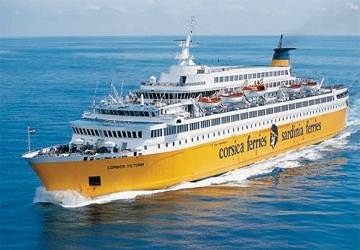Exploring the Wonders of Corsica: A Comprehensive Guide

Introduction
Corsica, an island located in the Mediterranean Sea and a regional collectivity of France, is often overshadowed by its more popular counterparts such as Sardinia and Sicily. However, its breathtaking landscapes, diverse cultures, and rich history make it a travel destination worth exploring. With its mix of rugged mountains, picturesque coastlines, and charming villages, Corsica offers something for every type of traveller.
Geographical and Cultural Significance
Corsica is the fourth largest island in the Mediterranean and is known for its dramatic cliffs and hidden beaches. The island boasts a unique blend of French and Italian cultures, visible in its cuisine, architecture, and local customs. The residents, known as Corsicans, take proud ownership of their heritage, often speaking the Corsican language alongside French.
Tourist Attractions and Activities
One of the island’s most notable attractions is the **Calanche de Piana**, a UNESCO World Heritage site that features stunning granite cliffs that plunge into the azure waters below. Hiking enthusiasts can enjoy the **GR20**, one of the toughest long-distance trails in Europe, offering varying landscapes and challenging terrains.
Another must-visit location is the historic city of **Ajaccio**, the birthplace of Napoleon Bonaparte. The city is filled with museums, art galleries, and vibrant markets, making it a cultural hotspot on the island. Additionally, Corsica is home to numerous beautiful beaches such as **Palombaggia** and **Santa Giulia**, which offer crystal clear waters and white sandy shores, perfect for relaxation and water activities.
The Economic Impact of Tourism
Tourism is a significant part of Corsica’s economy. According to the Corsican Regional Tourism Committee, the island received approximately 3.5 million visitors in the last recorded year, contributing substantially to its GDP. Despite challenges posed by the COVID-19 pandemic, recovery efforts are underway and are expected to bolster the local economy, providing new opportunities for businesses and enhancing local infrastructure.
Conclusion
In summary, Corsica is more than just a travel destination; it is a treasure trove of natural beauty and cultural richness waiting to be discovered. As tourism continues to grow, it will be interesting to see how the island balances preserving its unique heritage while embracing new economic opportunities. Visiting Corsica promises a memorable experience that captures the heart and soul of its enchanting landscapes and vibrant culture.
